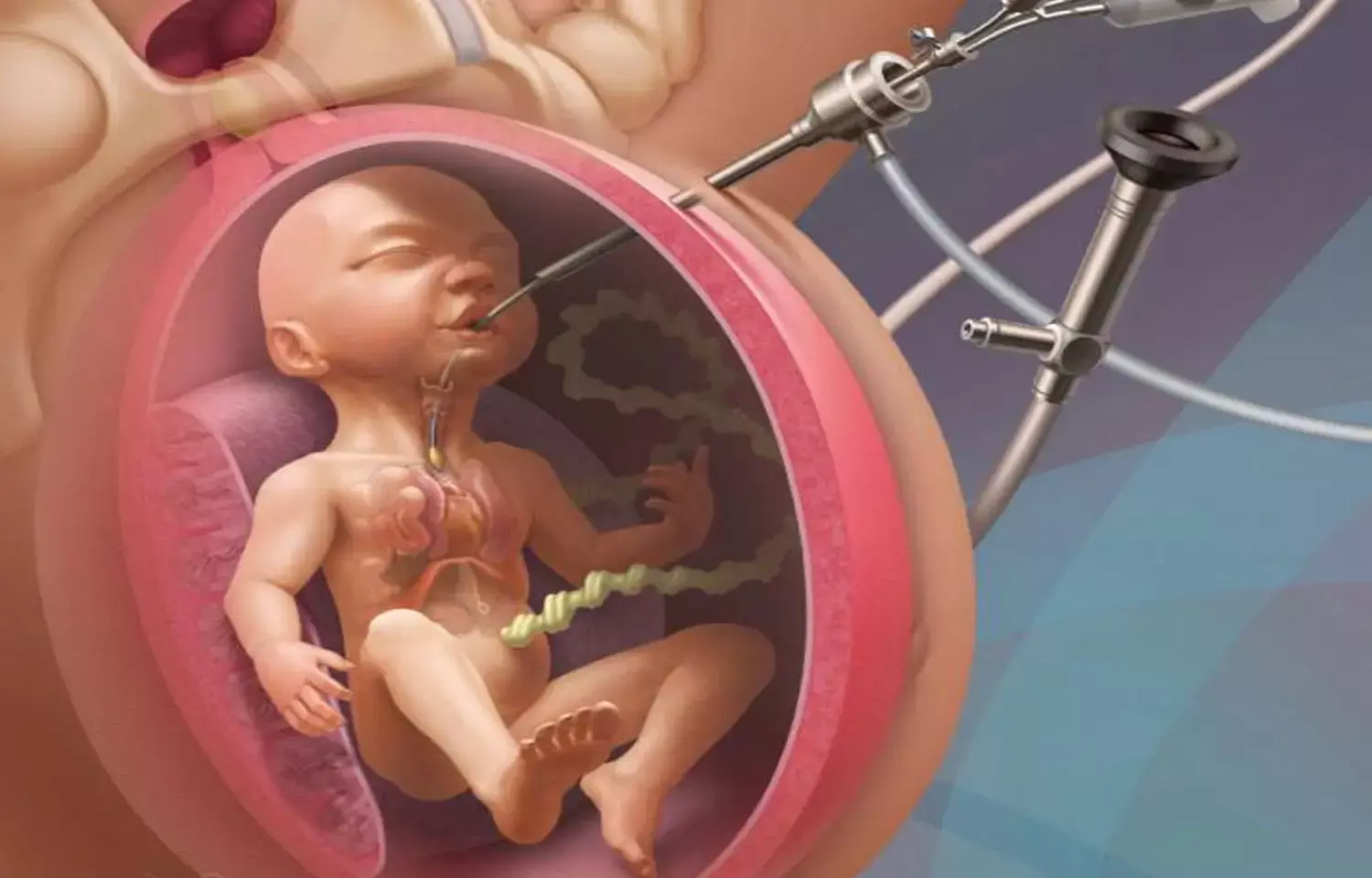- Home
- Medical news & Guidelines
- Anesthesiology
- Cardiology and CTVS
- Critical Care
- Dentistry
- Dermatology
- Diabetes and Endocrinology
- ENT
- Gastroenterology
- Medicine
- Nephrology
- Neurology
- Obstretics-Gynaecology
- Oncology
- Ophthalmology
- Orthopaedics
- Pediatrics-Neonatology
- Psychiatry
- Pulmonology
- Radiology
- Surgery
- Urology
- Laboratory Medicine
- Diet
- Nursing
- Paramedical
- Physiotherapy
- Health news
- Fact Check
- Bone Health Fact Check
- Brain Health Fact Check
- Cancer Related Fact Check
- Child Care Fact Check
- Dental and oral health fact check
- Diabetes and metabolic health fact check
- Diet and Nutrition Fact Check
- Eye and ENT Care Fact Check
- Fitness fact check
- Gut health fact check
- Heart health fact check
- Kidney health fact check
- Medical education fact check
- Men's health fact check
- Respiratory fact check
- Skin and hair care fact check
- Vaccine and Immunization fact check
- Women's health fact check
- AYUSH
- State News
- Andaman and Nicobar Islands
- Andhra Pradesh
- Arunachal Pradesh
- Assam
- Bihar
- Chandigarh
- Chattisgarh
- Dadra and Nagar Haveli
- Daman and Diu
- Delhi
- Goa
- Gujarat
- Haryana
- Himachal Pradesh
- Jammu & Kashmir
- Jharkhand
- Karnataka
- Kerala
- Ladakh
- Lakshadweep
- Madhya Pradesh
- Maharashtra
- Manipur
- Meghalaya
- Mizoram
- Nagaland
- Odisha
- Puducherry
- Punjab
- Rajasthan
- Sikkim
- Tamil Nadu
- Telangana
- Tripura
- Uttar Pradesh
- Uttrakhand
- West Bengal
- Medical Education
- Industry
FETO provides survival benefit in fetuses with severe left diaphragmatic hernia: NEJM

Fetoscopic endoluminal tracheal occlusion (FETO)
Fetoscopic endoluminal tracheal occlusion (FETO) performed in fetuses with an isolated severe congenital diaphragmatic hernia on the left side, at 27 to 29 weeks provides survival benefit over expectant care for up to 6 months of age, according to a recent study. However, fetoscopic endoluminal tracheal occlusion (FETO) increased the risks of preterm birth and preterm, pre labour rupture of membranes.
The study has been published in the New England Journal of Medicine.
Observational studies have demonstrated Fetoscopic endoluminal tracheal occlusion (FETO) to be associated with increased survival among infants with severe pulmonary hypoplasia due to isolated congenital diaphragmatic hernia on the left side, but there is a lack of data from randomized trials. To fill this knowledge gap, Jan A. Deprest and colleagues conducted an open-label trial at centers with experience in FETO and other types of prenatal surgery. The included women carrying singleton fetuses with severe isolated congenital diaphragmatic hernia on the left side. They were assigned in a ratio of 1:1 to FETO at 27 to 29 weeks of gestation or expectant care. Both treatments were followed by standardized postnatal care.
The primary outcome was infant survival to discharge from the neonatal intensive care unit. A group-sequential design was used with five prespecified interim analyses for superiority, with a maximum sample size of 116 women.
The trial was stopped early for efficacy after the third interim analysis.
Key findings of the study include:
- In an intention-to-treat analysis that included 80 women, 40% of infants in the FETO group survived to discharge, as compared with 15% in the expectant care group (relative risk, 2.67).
- Survival to 6 months of age was identical to the survival to discharge (relative risk, 2.67).
- The incidence of preterm, prelabor rupture of membranes was higher among women in the FETO group than among those in the expectant care group (47% vs. 11%; relative risk, 4.51), as was the incidence of preterm birth (75% vs. 29%; relative risk, 2.59).
- One neonatal death occurred after emergency delivery for placental laceration from fetoscopic balloon removal, and one neonatal death occurred because of failed balloon removal.
- In an analysis that included 11 additional participants with data that were available after the trial was stopped, survival to discharge was 36% among infants in the FETO group and 14% among those in the expectant care group (relative risk, 2.65).
"This trial involving fetuses with isolated severe congenital diaphragmatic hernia on the left side showed that FETO resulted in increased survival to hospital discharge (and this increase was sustained in the cohort of infants until 6 months of age) but an increased risk of preterm, prelabor rupture of membranes and preterm birth," concluded the authors.
Reference:
The study titled, "Randomized Trial of Fetal Surgery for Severe Left Diaphragmatic Hernia," is published in the New England Journal of Medicine.
DOI: 10.1056/NEJMoa2027030
Dr Kamal Kant Kohli-MBBS, DTCD- a chest specialist with more than 30 years of practice and a flair for writing clinical articles, Dr Kamal Kant Kohli joined Medical Dialogues as a Chief Editor of Medical News. Besides writing articles, as an editor, he proofreads and verifies all the medical content published on Medical Dialogues including those coming from journals, studies,medical conferences,guidelines etc. Email: drkohli@medicaldialogues.in. Contact no. 011-43720751


